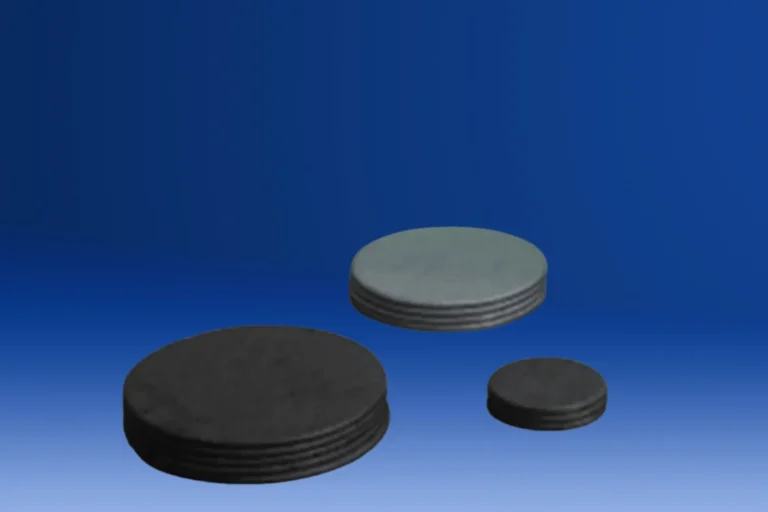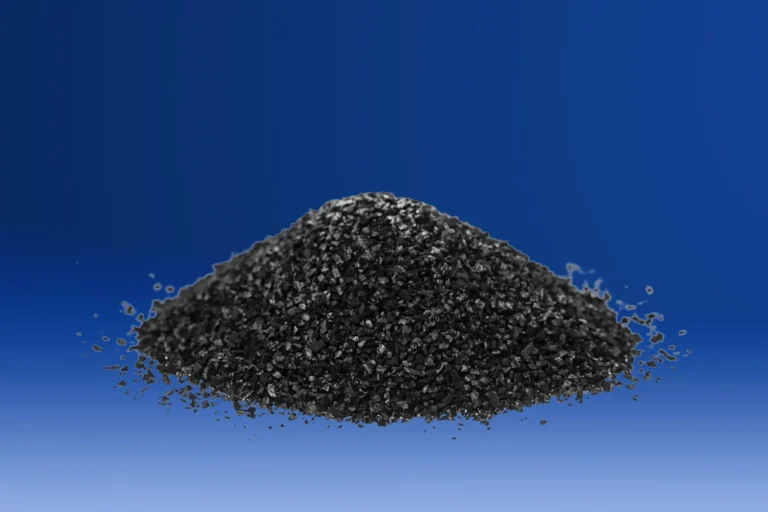

Activated carbon filter aid
Activated carbon, also known as activated charcoal, is a highly porous material widely used in various filtration processes due to its adsorptive properties. Its applications are common across many industries, such as food, chemical, pharmaceutical, and water purification, due to its ability to remove a wide range of contaminants, including organic substances, gases, odors, and some chemical impurities.
Advantages
- Activated carbon has an enormous adsorptive surface area, thanks to the microscale pores in its structure. This makes it highly effective in removing contaminants from liquids and gases.
- Activated carbon is effective in adsorbing a broad range of substances, including organic contaminants, chlorine, gases, some heavy metals, as well as odor-causing and color-forming compounds.
- It is resistant to many chemicals, making it suitable for use in harsh industrial and laboratory conditions.
- Activated carbon can be regenerated, allowing it to be reused after the filtration process. The regeneration process typically involves subjecting the carbon to high temperatures or steam.
- Due to its large adsorptive surface area, activated carbon can remain effective for a long period before requiring replacement or regeneration.
- Activated carbon is relatively safe when used according to recommendations and does not react chemically with most substances, except for very strong acids or alkali.
Applications of Activated Carbon in Filtration
- Removal of chlorine and organic contaminants from water.
- Purification of juices, wine, and beer by eliminating unwanted odors and colors.
- Elimination of organic contaminants from pharmaceutical substances.
- Removal of volatile organic compounds from chemicals.
- Odor removal.
Files to Download
Activated carbon filter aid.pdf
Trust our experience!
Do you need help choosing the right filtration system? Contact us! We are happy to advise and provide the best solutions tailored to your needs.